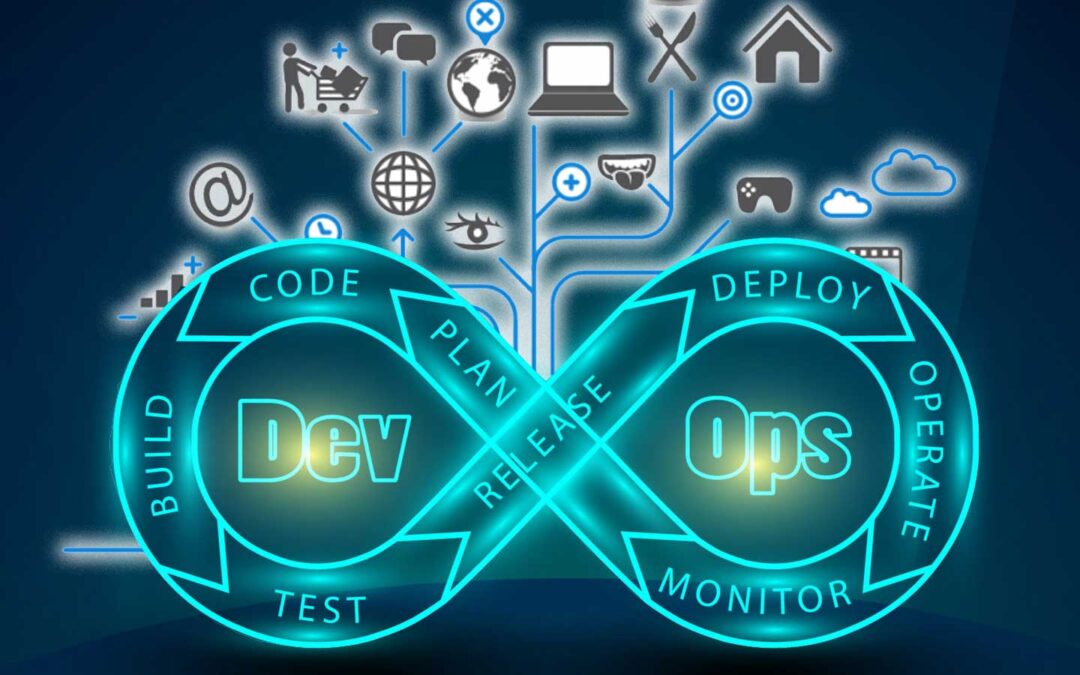Embarking on the path of accelerating digital transformation has become the need of the hour and DevOps plays a crucial role in this journey for a business to succeed. To cater to the changing business landscape and technology needs, DevOps is evolving rapidly. With DevOps entering its second decade it’s no more about just dev and ops, engineering teams are expanding their focus beyond the product delivery. The idea is to emphasize more on the value rather than solely focusing on the new features and products.
As mentioned, DevOps is constantly evolving and collaborating with multiple technologies to create a more robust product. You should always be aware of the trends and reap the maximum benefits out of them. Let’s find out the top DevOps trends that will rule the year 2021.
Top DevOps Trends:
- The balance between agility and speed: 10 years back the software release cycles used to take four to 6 months of time. But today the software release time duration has reduced exponentially. Be it security, compliance, authentication, vulnerability management, and authorization, they all have to also pick up the speed to ensure the delivery of secure code. Adopting a shared model of security that helps the application owners to quickly detect and fix the vulnerabilities in the right innovative approach. This model requires a perfect balance between agility and security to avoid any blockages in the software release cycles is necessary.
- Microservices Architecture Popularization: Leveraging a microservices architecture approach is cost-effective and easy to maintain. Not only this, but it is also flexible, scalable, and you can easily deploy it independently. Microservices architecture’s ability to deploy independently is quite beneficial for DevOps as it easily connects the parts of units. This further helps DevOps to focus properly on the individual units for the quick delivery of complex applications. When these two are combined together, it saves cost, resources, and time as well
- AI and ML in DevOps: Having a big amount of data has become quite common for organizations today. The volume of data generated is quite difficult to handle in a traditional method. AI and ML when implemented with DevOps allows organizations to streamline their data. Once the data is streamlined, you can easily use this data to analyze be it of any size. This will also speed up the workflow transforming completely the way your teams are developing, delivering, and deploying. It will increase agility and optimize the DevOps environment quickly. You will see an improvement in the automation and collaboration between teams become better
- Embracing the APM Software: Application performance monitoring (APM) assists with monitoring deployments and will give you useful insights into the performances well. One of the important aspects of the DevOps lifecycle is being able to get rapid feedback, especially when you are deploying. By leveraging APM tools you can easily check the user interactions, tracing applications, and availing the analytics with the help of your AI-based algorithms. The new APM platforms will assist you in monitoring the integrated infrastructure along with the built-in analysis capability
- Low-Code and DevOps Automation: Workflows in DevOps like alert in production, prioritization, incident creation, applying the fix, and resolving tickets follow a standard approach. This tells that there are many cases that can be easily managed automatically. The whole point is that automating these workflows is important to make DevOps more responsive and effective at the same time. Having a continuously evolving low-code automation interface that you can customize also will be highly effective for your DevOps team.
Adopting DevOps in the past isn’t enough to evolve in the constantly changing market. With things evolving around you, DevOps isn’t something that won’t evolve in fact it is in constant evolution. The trends mentioned above are something that will help you understand the DevOps evolution more clearly. It is important to constantly check such trends for your DevOps process to succeed. Knowing more in detail about these trends will help you achieve a better DevOps implementation. Thus, leverage our DevOps services to stay updated in the market with all the trends by implementing them in your product depending on the requirements.
